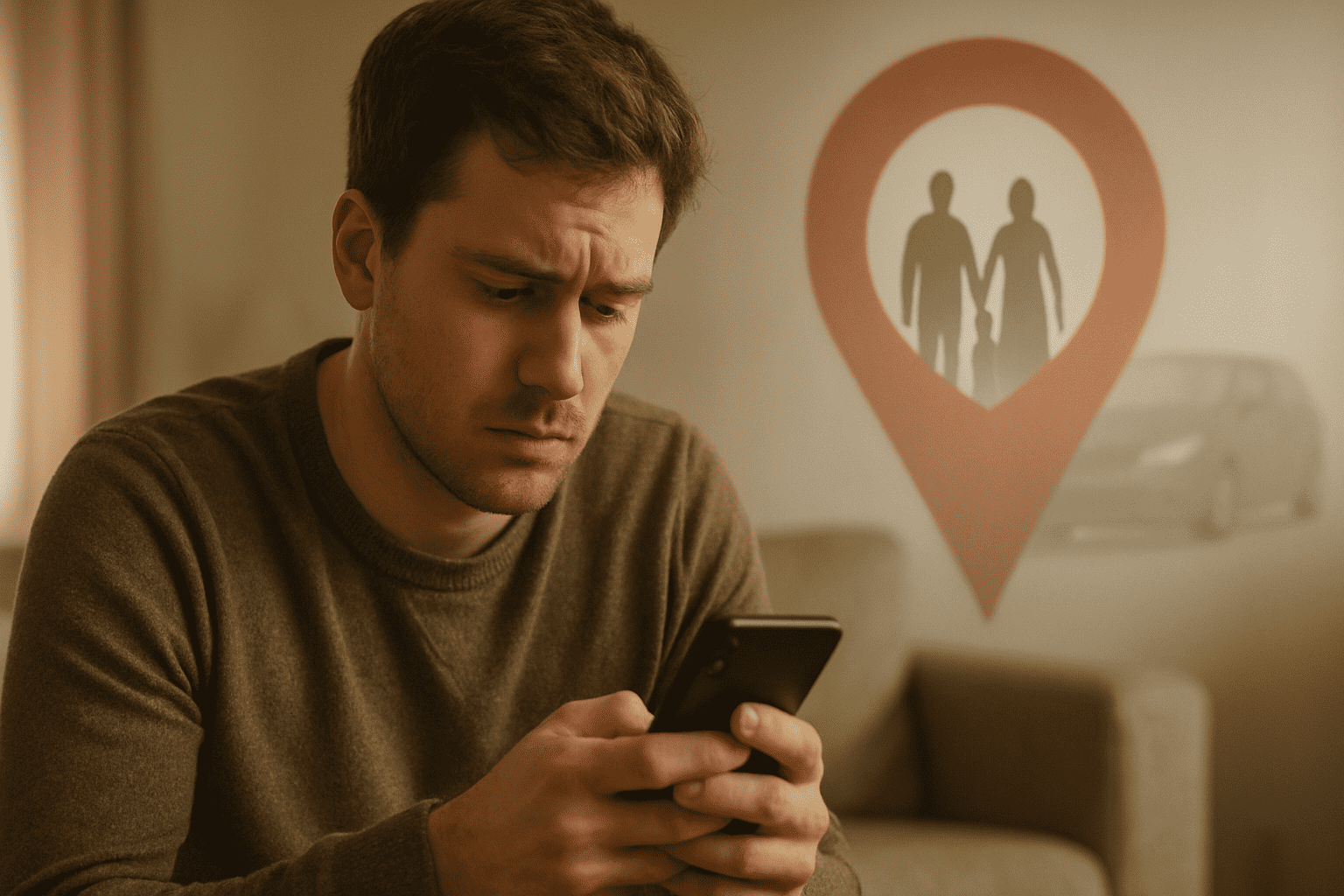Should I Feel Guilty for Tracking a Loved One?
Why GPS Tracking Is About Safety, Not Surveillance
If you've ever asked yourself, “Is it wrong to track someone I care about?” — you're not alone. It’s a valid question, and one I’ve heard hundreds of times over the years. As the CEO of BrickHouse Security, I've worked with thousands of families using GPS trackers to protect their kids, elderly parents, and even employees. What I've learned is this: tracking is not about control — it's about care, safety, and peace of mind.
Let’s walk through some common concerns and clear up what responsible GPS tracking really looks like.
 Why Use a GPS Tracker?
Why Use a GPS Tracker?
GPS tracking technology has come a long way. Today, it's used not just for fleet routing or asset protection, but for something much more personal: keeping the people we love safe.
With GPS tracking, you can:
- Quickly locate a child in an emergency
- Assist seniors who may be at risk of falling or getting lost
- Provide backup security for your spouse during travel
- Respond faster in accidents or urgent situations
But it’s not just about the tech — it’s about how you use it.
Tracking Your Kids: Safety in the Digital Age
As a parent myself, I get it — your biggest fear is that something could happen to your child when you're not around. GPS tracking offers a modern solution that helps you protect them while fostering independence.
Here’s how to use GPS responsibly with kids:
1. Start with a conversation.
Let your child know why you're using a tracker — not to spy, but to keep them safe. This builds trust.
2. Be transparent.
Avoid sneaking a device into their backpack. That erodes trust fast. Instead, show them how the tracker works and when you’ll use it.
3. Frame it as a tool for freedom.
Let them know that GPS tracking means more freedom to go to the movies or hang out with friends — because you know you can help if something goes wrong.
Many of our customers use our Spark Nano GPS Tracker because it's small enough to fit in a backpack and powerful enough to give real-time updates. It’s a smart way to stay connected without constantly checking in by phone.
GPS Tracking for Aging Parents: Helping Without Hovering
If you’re caring for an older loved one — especially someone with dementia, Alzheimer’s, or mobility issues — GPS tracking can be a lifesaver, literally.
Here’s what to keep in mind:
- Falls and disorientation are common. Trackers help you respond quickly.
- Small, wearable devices work best. Look for ones with SOS buttons.
- Respect their dignity. Have an honest conversation about why you’re using the device.
Many families trust our Senior GPS Medical Alert Devices, which offer location tracking plus emergency call features. It’s peace of mind — for both them and you.
What About Spouses or Partners?
This is where the ethics of GPS tracking get tricky — and where open communication is everything.
If you're thinking about tracking your spouse for safety reasons (for instance, they drive long distances or have health concerns), here’s what I recommend:
DO:
- Be honest about your concerns
- Agree together on when and why to use tracking
- Use devices that allow shared access and controls
DON’T:
- Use tracking to check up on your partner without their knowledge
- Let technology replace real conversations
At BrickHouse Security, we strongly discourage using GPS tracking in secret or for romantic surveillance. Trust is the foundation of any relationship — GPS should support it, not undermine it.
GPS Tracking and the Law
Before using any GPS tracker, it’s critical to understand what’s legal in your state or country. In general:
- You can legally track your minor children
- You can track vehicles you own
- You cannot place a tracker on someone else's car without consent
Always check local laws, and when in doubt, ask an attorney.
Read This Article: When Is GPS Tracking Legal?
Final Thoughts: You’re Not Alone
For nearly two decades, BrickHouse Security has helped parents, caregivers, and families find peace of mind. Whether it’s a worried mom whose son is walking home from school, or a daughter making sure her dad with dementia gets back safely from the store — GPS tracking is a tool to help protect the people who matter most.
So should you feel guilty? Not if you're using GPS tracking ethically, transparently, and out of genuine concern for someone’s well-being.
If you have questions or want help choosing the right tracker, give us a call. One of our security experts would be happy to walk you through your options.
Posted by Todd Morris on Jan 13th 2025

